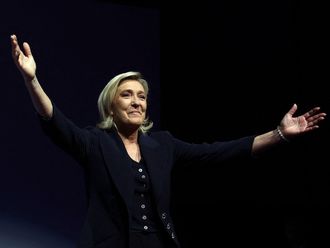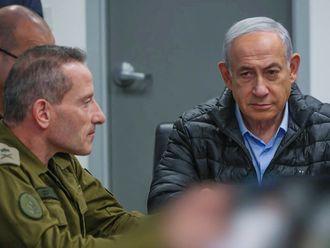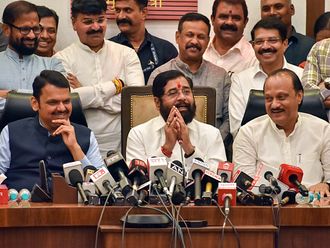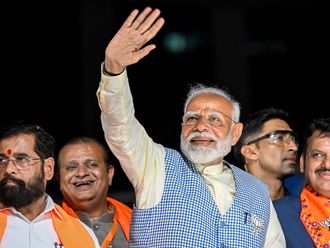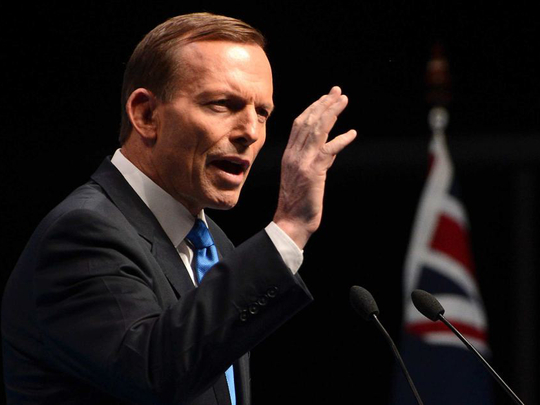
Reclaim Australia, which describes itself a grass roots movement, held rallies across Australia last week “to stand together to stop halal tax, sharia law & islamisation [sic]”. Fortunately, Australia does not have an incessant record of such public performances, although our past is peppered with occasional eruptions of violence from Lambing Flat (1861) to Cronulla (2005). We also do not have a familiar history of terrorism and violent extremism.
According to the Global Terrorism Database (GTD), between 2001 and 2011, Australia experienced six terrorist attacks. Of these, only one resulted in fatalities. This attack, though categorised as a terrorist incident by the GTD, occurred when an explosion on board the Suspected Illegal Entry Vessel (SIEV) 36 resulted in the death of five asylum seekers in April 2009. Of the remaining listed terrorist attacks, one was an unknown chemical agent in a letter to the United States Consulate (Melbourne, 2001), one was an explosion on a private business (Broadbeach, 2006), one an armed assault on a synagogue (Sydney, 2006) and two were attacks on mosques (Perth 2010 and Brisbane 2001).
The 2010 incident involved shots being fired into a mosque during prayer time by two men alleged to have links with the neo-Nazi group Combat 18. While we continue to wrestle with the very real threat of violent extremism perpetrated by those who identify with Daesh (the self-proclaimed Islamic State of Iraq and the Levant), we should also remain aware of the emergence of other forms of extremism that are equally threatening. Over the last decade, Australia has seen a sharp increase in the emergence and visibility of far-right extremism, from pseudo political parties to organised groups to mobilising campaigns like Reclaim Australia.
The ideological roots of extreme racist groups are no longer confined to men who hide behind white hoods or angry youths with shaved heads and swastika tattoos. Nor are their campaigns reserved for Africans, Jews and minority races. They now form the core system of an emerging extremist movement in Australia that targets Muslims and Islam under a thinly veiled guise of protecting Australia. It is hard to ignore the anti-Muslim sentiment that saturates Reclaim Australia’s website and Facebook page. While their supporters continually claim that they are not against Islam, Reclaim’s website makes several derogatory references to Islam and Muslims in Australia. Their Facebook page attracts comments such as, “When the time finally comes to eradicate this evil all the islam [sic] appeasers should go with them”.
And this is where Australian federal politician George Christensen’s attendance at the Reclaim rally and his support of the Reclaim movement is so disturbing. He claims that there is nothing in Reclaim Australia’s list of principles that supports labels assigned to them such as “racists” and “bigots”. He also says that he would not attend the rally if Reclaim “had been expressing values such as: We are against Islam; we want to deport Muslim people; we don’t want to allow Muslim immigration; or we don’t want mosques to be set up”.
Adamant stand
These claims are either a gross misunderstanding of Reclaim’s agenda or the result of a lack of research on Christensen’s behalf. His adamant stand to attend the rally — even in defiance of any (unlikely) orders from the prime minister — may be put down to his political conservatism. We could even give Christensen the benefit of the doubt and accept that he is representing the majority of his constituents in Mackay. But this does not account for the fact that the Reclaim Australia movement is more than the sum of its 24 principles. It is the product of a rising and disturbing wave of rightwing extremism that bears many of the same hallmarks of other extremisms, both past and present.
Just like anarchism, new left extremism, extreme anti-colonialism and violent jihadism, the narrative that underscores Reclaim comprises five main points: We are engaged in a battle against an ideological enemy that seeks to destroy us. Protecting our way of life is the only way to ensure our survival. They are dangerous, threatening and morally corrupt. We are morally good. Our future depends on defeating them. Together these five elements do two things: First they reinforce out-group derogation by blaming those who are not “us” for a range of moral and social ills. Second, they set the boundaries about what it means to be “one of us”.
When these boundaries are broad-based values such as freedom, democracy and equality, being one of us is the morally better choice.
The dome of silence that has descended over Australia’s political leadership and the failure of Australian Prime Minister Tony Abbott to condemn the Reclaim movement speak volumes. Campaigns like Reclaim don’t get traction on their own; they emerge and grow within an enabling environment where ideas that we once would have deemed unreasonable, intolerant and against our national character become mainstream.
Sadly in Australia, the government’s politicisation of national security issues has created the very conditions that allow far-right movements to flourish. Australians deserve better. We deserve a nation that stands together, not apart, in the face of adversity. We deserve a nation that faces challenges to our security without compromising the values that extremist groups of all kinds seek to undermine.
— Guardian News & Media Ltd
Dr Anne Aly is associate professor, Curtin University. She is the author of Terrorism and Global Security: Historical and Contemporary Approaches (Palgrave Macmillan) and is the founding chair of People Against Violent Extremism (Pave).



